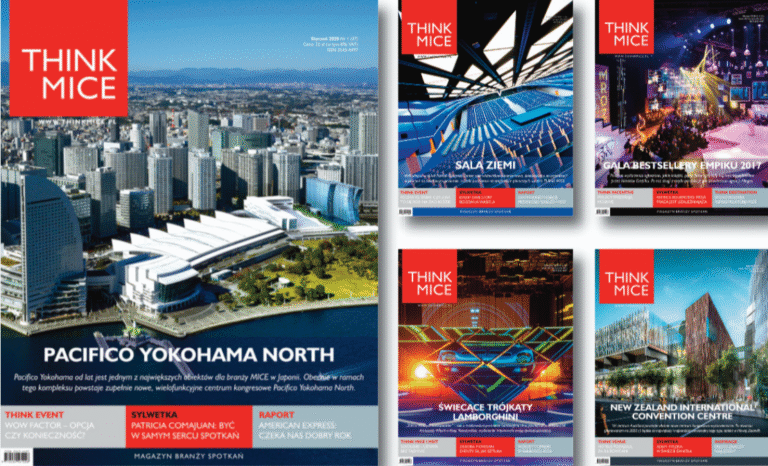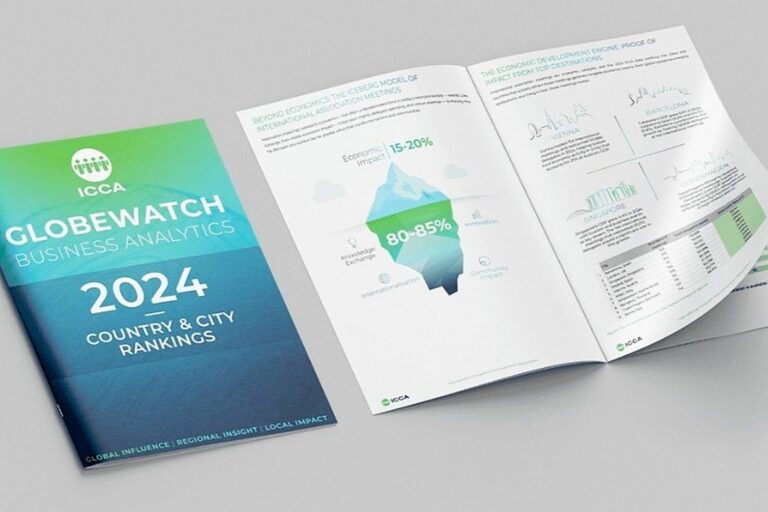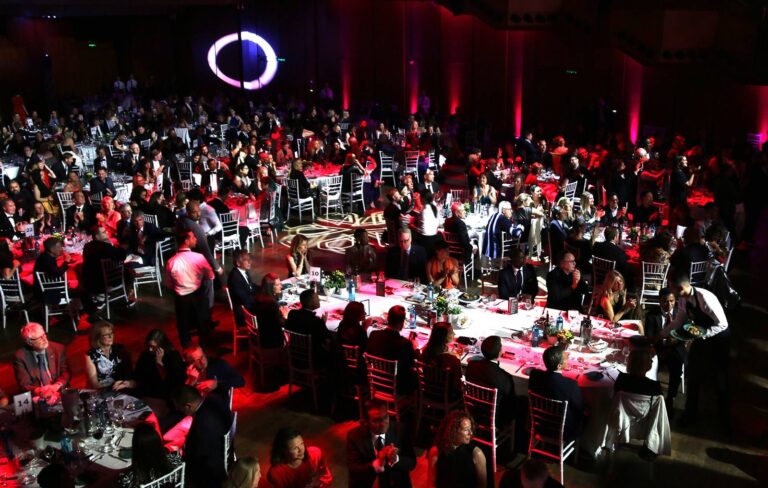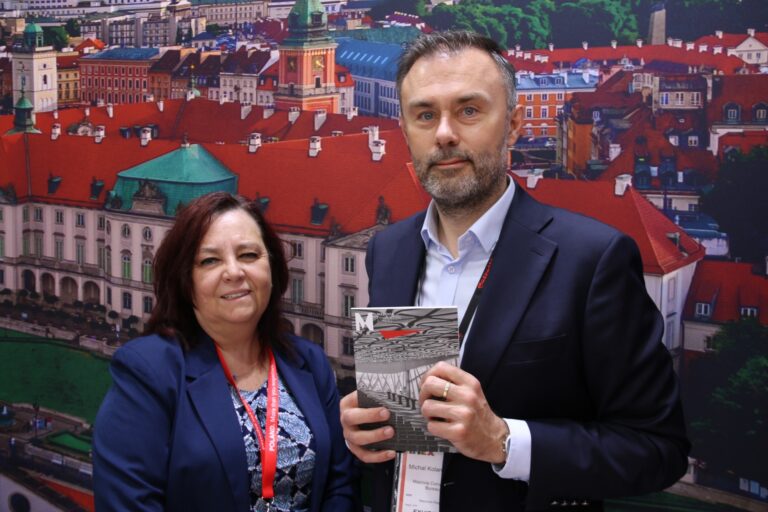Why is it worth meeting in Masovia?
Mazovia – the largest and most populous region, located in the heart of Poland. With the capital, Warsaw, the most important economic, scientific and cultural center in the country. This is where financial potential accumulates, which successfully spreads throughout Mazovia. The voivodeship is well connected and has a wide range of hotel and conference facilities. Mazovia creates a business climate through:
• protected and wild nature that amazes visitors;
• a characteristic, distinctive and colorful culture;
• heritage related to the world-class composer – Fryderyk Chopin;
• history and wonderfully preserved monuments.
Mazovia Convention Bureau integrates business, scientific and institutional partners – supporting the development of the industry and effective acquisition of international events.
Find the perfect conference room
Why Mazovia?
It has rich natural and cultural values. It is one of the most developed Polish regions in the economic and social context. Both Masovia and its capital, Warsaw, have enormous potential for tourism development for both domestic and international travel.

The most important events in Poland’s theatrical, musical and artistic calendar take place in Mazovia.
Masovia is the birthplace of one of the greatest composers in the world, Fryderyk Chopin.
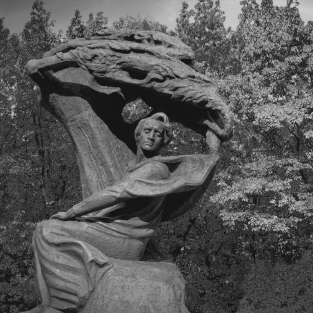
Warsaw was awarded the title of the most attractive tourist destination in Europe in the European Best Destinations 2023 competition.
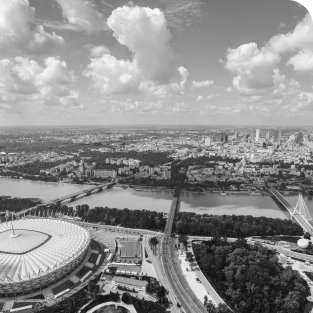
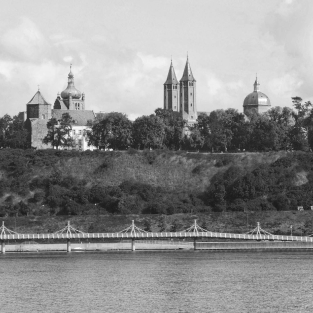
The history of the partitions and the oldest history are told by strongholds and fortifications, medieval castles and 19th-century fortresses.
Over 1 million hectares of the voivodeship are protected areas that stretch along the region’s larger rivers.
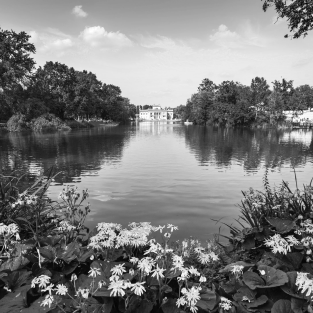
We have the capital
Warsaw is not only the heart of Poland, but also of the whole of Europe. Perfectly located and well connected – its center is 10 km from Chopin Airport and 35 km from Modlin Airport. An extensive public transport network, two metro lines, many railway stations, and a city bike system. It is on the UNESCO World Heritage List. Warsaw is open and aggressive, but it is also safe – it has a very low crime rate in the European Union. It stretches on both sides of the Vistula, giving visitors access to 7 city beaches and 6 km of paths running along the river bank (including the Vistula Boulevards). There are over 4,000 restaurants in Warsaw, and the capital itself is among the most vegan-friendly cities in the world. Here you can try both traditional regional cuisine and international dishes during numerous culinary festivals. Thousands of business meetings and conferences are organized annually in the capital.
Warsaw, the heart of Poland and Europe, is a well-connected city with extensive infrastructure, including a metro system, numerous train stations, and bike paths. Spanning both sides of the Vistula River, the city offers 7 urban beaches and the Vistula Boulevards. Warsaw is safe, listed as a UNESCO World Heritage site, and with over 4,000 restaurants, it is one of the most vegan-friendly cities in the world. The capital is also a major business hub, hosting thousands of conferences annually.

Culture
Warsaw attracts visitors with its unique energy, which connects it with the largest capitals in the world. It is open, it inspires, it gives opportunities. It is a platform for exchanging bold, innovative ideas, concepts and visions. Next to Warsaw, international events electrify the stages, including: in Płock, Radom and Siedlce. Moreover, Mazovia is also an enthusiastically practiced ethnic and folk culture. Visitors to the Kurpie Museum in Wach and the Open-Air Museum in Kadzidło are delighted with the colorful Kurpie folklore. In the vicinity of Ostrołęka, holidays and events are still celebrated, such as Palm Sunday in Kurpie, fairs, the Kurpie Honey Harvest and the Kurpie Wedding. A special place on the map of Masovian folk culture is occupied by the open-air museum of forest architecture in Granica, within the Kampinos National Park. It is worth mentioning that Mazovia is a region with strong agricultural traditions and, consequently, an extraordinary and diverse cuisine, which includes rural and manorial influences, as well as flavors borrowed from representatives of other denominations and nationalities.
Warsaw attracts with its energy, inspiring and offering opportunities as a hub for exchanging innovative ideas. In Mazovia, international events take place, and folk culture, especially that of the Kurpie region, is alive and well in museums and open-air exhibitions. The region is also known for its diverse cuisine, influenced by rural, noble, and international traditions.

History
Three centuries of rule by the Masovian Piast dynasty were marked on the map of the voivodeship with over a hundred defensive and sacred buildings. One of the most beautiful temples is the Basilica on Tumskie Hill in Płock, the burial place of Polish rulers. Also unique compared to other facilities is the powerful Modlin Fortress, one of the best-preserved fortification systems in Europe. A real journey into the past is provided by a visit to the castles of the Dukes of Masovia – in Ciechanów and Czersk. Visitors have the opportunity to visit colorful outdoor events styled as tournaments from that era, craft workshops and fairs. Masovian industrial monuments are also very popular. We are talking about both the oldest facilities, such as the Masovian Metallurgical Center, and those from the 19th century, e.g. the Warsaw-Vienna Railway and elements of its infrastructure that have been preserved to this day. There are over 100 unique places on the Industrial Mazovia Trail that tempt lovers of large structures, old factories, motorization and inventions.
The rule of the Mazovian Piasts left over a hundred defensive and religious buildings, including the Basilica in Płock. The Modlin Fortress, one of the best-preserved fortifications in Europe, is also a unique example of Mazovian defensive heritage. The Castles of the Mazovian Dukes in Ciechanów and Czersk offer vibrant events styled after historical tournaments. Industrial landmarks, such as the Mazovian Metallurgical Center and the Warsaw-Vienna Railway, also attract significant interest as part of the Industrial Mazovia route.

Fryderyk Chopin
The frequently visited Fryderyk Chopin Birthplace in Żelazowa Wola is a carefully restored place surrounded by 7 hectares of landscape park on the Utrata River. It is worth combining a visit to the biographical museum with a visit to the historic church of St. Roch in Brochów, where the composer’s parents got married and he was baptized. An important place for cultivating the Chopin-like musical identity of Mazovia is Sanniki with the European Art Center. Fryderyk Chopin. A trip along the Chopin trail in Warsaw leads, among others, to the beautifully situated Ostrogski Castle with the interactive Fryderyk Chopin Museum and to Krakowskie Przedmieście, with the Kazimierzowski Palace and the Czapski Palace (where the Chopin family lived respectively), as well as the church of St. Cross, where – according to Chopin’s will – his heart rests. The tour in the composer’s footsteps is made more enjoyable by the so-called Chopin’s benches, places of rest, and at the same time monuments that play famous songs. They commemorate, among others, young Fryderyk’s playground, the conservatory he attended, or his favorite cafes.
The Birthplace of Fryderyk Chopin in Żelazowa Wola, carefully restored and surrounded by 7 hectares of parkland by the Utrata River, is a must-visit. Combine a visit to the museum with a trip to the historic Church of St. Roch in Brochów, where Chopin’s parents were married and he was baptized. Mazovia’s Chopin heritage is also celebrated in Sanniki at the European Chopin Art Center. In Warsaw, the Chopin trail includes the Ostrogski Castle with the Fryderyk Chopin Museum, Krakowskie Przedmieście with the Kazimierzowski and Czapski Palaces (where Chopin’s family lived), and the Church of the Holy Cross, where Chopin’s heart rests. The tour is enhanced by Chopin Benches, which play his famous compositions and commemorate places significant to the composer’s life.

Nature
The list of natural “gems” of Mazovia begins with the Kampinos National Park – a UNESCO World Biosphere Reserve with a complex of inland dunes unique in Europe. The park directly borders the capital. In addition to “Kampinos”, there are as many as 9 landscape parks in Mazovia, thanks to which valuable plant formations combined with historical or characteristic buildings of the region are protected. Among them, the Kozienicki Landscape Park is very popular, and in places it resembles an ancient forest. Ornithofauna lovers like to go to the beautiful Masovian rivers, where they can spot black storks, redshanks and sandpipers. The Bug Valley delights with its wild, inaccessible meanders, while the banks of the Wkra river are covered with rare and valuable riparian forests. Masovia also has one of the most important and significant animal migration paths in Europe, which is the ecological corridor of the Vistula River – a natural “highway” for biodiversity.
The Birthplace of Fryderyk Chopin in Żelazowa Wola, carefully restored and surrounded by 7 hectares of parkland by the Utrata River, is a must-visit. Combine a visit to the museum with a trip to the historic Church of St. Roch in Brochów, where Chopin’s parents were married and he was baptized. Mazovia’s Chopin heritage is also celebrated in Sanniki at the European Chopin Art Center. In Warsaw, the Chopin trail includes the Ostrogski Castle with the Fryderyk Chopin Museum, Krakowskie Przedmieście with the Kazimierzowski and Czapski Palaces (where Chopin’s family lived), and the Church of the Holy Cross, where Chopin’s heart rests. The tour is enhanced by Chopin Benches, which play his famous compositions and commemorate places significant to the composer’s life.

In order to effectively organize unforgettable events, successful business meetings or conferences that are talked about later, PCO (Professional Conference Organizer) companies that deal with professional planning of events of this type are essential. They help prepare and manage every area related to the organization of a conference, including its design, program, venue selection and reservation, audiovisual facilities, IT support, logistics, promotion and marketing, etc.

Mazovia Convention Bureau
Mazowiecka Regionalna Organizacja Turystyczna
ul. Nowy Świat 27
00-029 Warszawa
mcb@mazoviaconvention.pl/en
tel. 22 877 20 10

